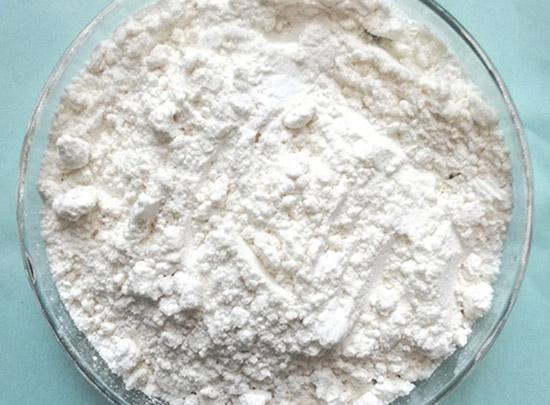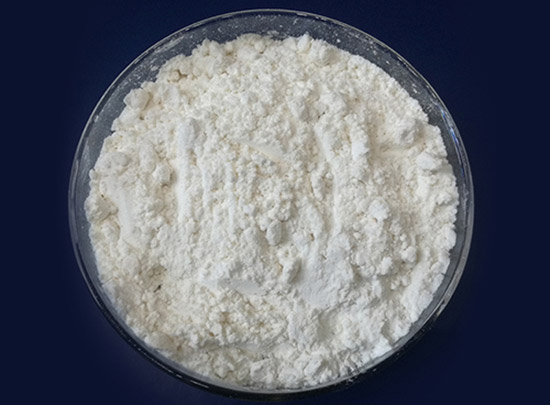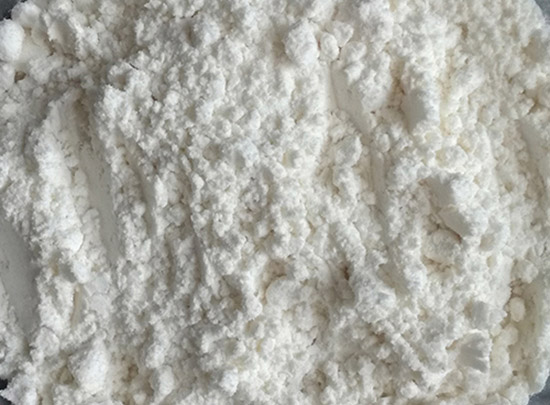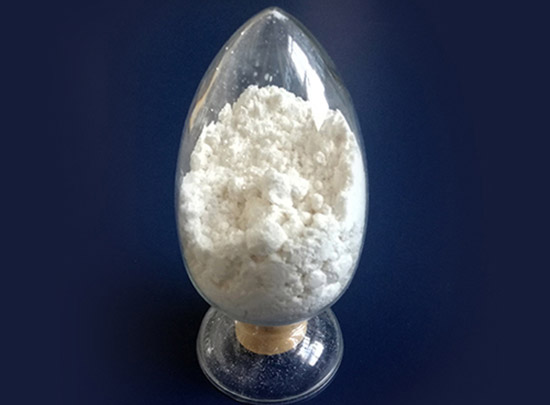best sales zinc oxide rubber vulcanization review in liberia

Expert:-Rubber-remains-top-consumer-for-zinc-oxide
Best Places to Work: Reed Rubber receives top score in RPN's inaugural survey ... “Over half of all zinc oxide is consumed as an additive in rubber vulcanization,” he said. “And within this segment it is obviously the tire production which account for about two-thirds of all zinc oxide consumption” in rubber.
Send InquiryGlobal Zinc Oxide Market Analysis & Forecast, 2019-2024
9 Zinc Oxide Market, By Region 9.1 Introduction 9.2 North America 9.2.1 US 9.2.1.1 The US is the Largest Market for Zinc Oxide in North America 9.2.2 Canada
Send InquiryTire and Rubber - Zochem, Inc.
Rubber products represent the largest market for zinc oxide. From rubber tires and general rubber to latex compounds, zinc oxide is used as the preferred activator in the vulcanization or curing process. Zinc oxide increases the effect of organic accelerators in rubber vulcanization.
Send Inquiry
Talk:Zinc oxide/Archive 1
Use of zinc oxide in rubber manufacture the major use is in rubber manufacture the best reference I have found so far is, Rubber Curing Systems, R. N. Datta, iSmithers Rapra, 2001, ISBN 1859573266 where it quotes an estimate of 100kt p.a. in western europe from the European rubber journal 2001, feb, page 20.
Send InquiryRubber Vulcanization Activator-Global Market Status
Zinc Oxide Magnesium Oxide Organic Activators Other ... 7.11.3 Rubber Vulcanization Activator Sales, Revenue, Price and Gross Margin of Pan-Continental Chemical 7.12 Mario Pilato 7.12.1 Company profile 7.12.2 Representative Rubber Vulcanization Activator Product 7.12.3 Rubber Vulcanization Activator Sales, Revenue, Price and Gross Margin of ...
Send InquiryRubber Grade Zinc Oxide
According to the dispersion form of inorganic compounding agent in rubber, the mechanism of nano-zinc oxide in rubber and its influence on the properties of rubber compound were studied. The reaction of zinc oxide as an active agent with an organic accelerator, stearic acid, sulfur, or the like during the vulcanization process occurs on the surface of the zinc oxide particles.
Send InquiryBasic formula of neoprene rubber
(4) Curing slow arsenic oxide oxidation, oxidation and ferric oxide. Early trials adopts zinc oxide and magnesium oxide, especially to combine both, with 5 copies of zinc oxide and 4 copies of magnesium oxide to have a satisfactory effect of vulcanization, with safe process, good performance of vulcanized rubber.
Send InquiryZinc Oxide for Rubber Industry Applications - Nanoshel
zinc oxide for rubber industry In the bonding of rubber to brass, Zinc Oxide reacts with copper oxide on the brass surface to form a tightly adhering Zinc-copper salt. Tack Retention One of the unique properties of Zinc Oxide is its ability to retain over many months of shelf –storage the tack of uncured rubber compounds for adhesive tapes.
Send InquiryProducts | Rubber Curing - Rubber Vulcanization | Rubber
These products deliver improvements to cure kinetics and physical properties by forming types and lengths of sulfur cross-links that are different from conventional zinc-based cures. This allows the Acti range to deliver both cost savings and property improvements to the process of rubber manufacturing. The 6 Range is available in two product ...
Send Inquiry
Zinc Oxide For Rubber Vulcanization, Zinc Oxide For Rubber
Alibaba.com offers 107 zinc oxide for rubber vulcanization products. About 19% of these are oxide. A wide variety of zinc oxide for rubber vulcanization options are available to you, such as industrial grade, electron grade, and medicine grade.
Send Inquiry
Vulcanization - an overview | ScienceDirect Topics
Vulcanization is a chemical process in which the rubber is heated with sulphur, accelerator and activator atMany original research articles and review papers on vulcanization have been reported both fromMore fundamental studies on vulcanization are needed to develop rubber science further.
Send Inquiryzinc oxide for rubber vulcanization, zinc oxide for rubber
Alibaba.com offers 53 zinc oxide for rubber vulcanization products. About 41% of these are Oxide.Alibaba best selling products ranking based on sales. Updated daily.A wide variety of zinc oxide for rubber vulcanization options are available to you, such as industrial grade, agriculture
Send InquiryCatalysts | Free Full-Text | Zinc-Based Curing Activators: New Trends
zinc oxide; vulcanization; activator; zinc complexes; rubber; reinforcing filler. 1. Introduction. ZnO is currently used in several products, including plasticsVery recently, keeping a high vulcanization efficiency, innovative zinc-based activators for rubber vulcanization process have been proposed
Send Inquirytechnology review 2 | Natural Rubber | Zinc Oxide
Zinc oxide and stearic acid act as activators in the rubber vulcanization, or curing, process by decreasing vulcanization time and improving vulcanization properties, such as tensile strength, elongation break, and resistance to material swelling. In order to replace zinc oxide with a different
Send InquirySulfur vulcanization
Sulfur vulcanization is a chemical process for converting natural rubber or related polymers into materials of a variety of hardness, elasticity, and mechanical durability by heating them with sulfur or other equivalent curatives or accelerators.
Send InquiryReduced zinc oxide levels in sulphur vulcanisation of rubber
ZnO and zinc-containing species are considered indispensable for the vulcanisation process andIn summary, the research described in this thesis combines a pragmatic in-rubber investigationIt has contributed to a better understanding of the role of the activator in the sulphur vulcanisation process.
Send InquiryZinc Oxide – Properties and Applications for Industrial Rubbers
Zinc Oxide (ZnO) Zinc Oxide; represented with the formula ZnO is an inorganic compound, white in color and water-insoluble.ZnO is a widely used compound in rubber industry due to the excellent properties it shows as an activator for vulcanization of rubber.
Send InquiryVarious ways to reduce zinc oxide levels in S-SBR rubber compounds
The substitution of zinc oxide by zinc soaps in the rubber compound, results in a decrease of zinc ions content, defined as eco-toxic 13 .This review provides relevant background information about the vulcanization process, as well as the chemistry of thiuram- and sulfenamide-accelerated sulfur
Send Inquiryzinc-oxide-for-rubber-industry | Nanoshel a Nanotechnology Company
Rubber Zinc Oxide for Rubber Industry, in its development over the past one hundred years, has utilized an increasing numberThe unreacted portion of the Zinc Oxide remains available as a basic reserve to neutralize the sulfur-bearing acidic decomposition products formed during vulcanization.
Send InquiryOverview of rubber vulcanization | rubber compounding basics
Zinc oxide reacts with stearic acid to form zinc stearate and together with the accelerator they speed up the rate at which sulfur vulcanization occurs.The crosslink structure so produced depends on: 1. The nature of the rubber 2. Ratio of sulphur to accelerator 3. Vulcanization temperature.
Send Inquiry